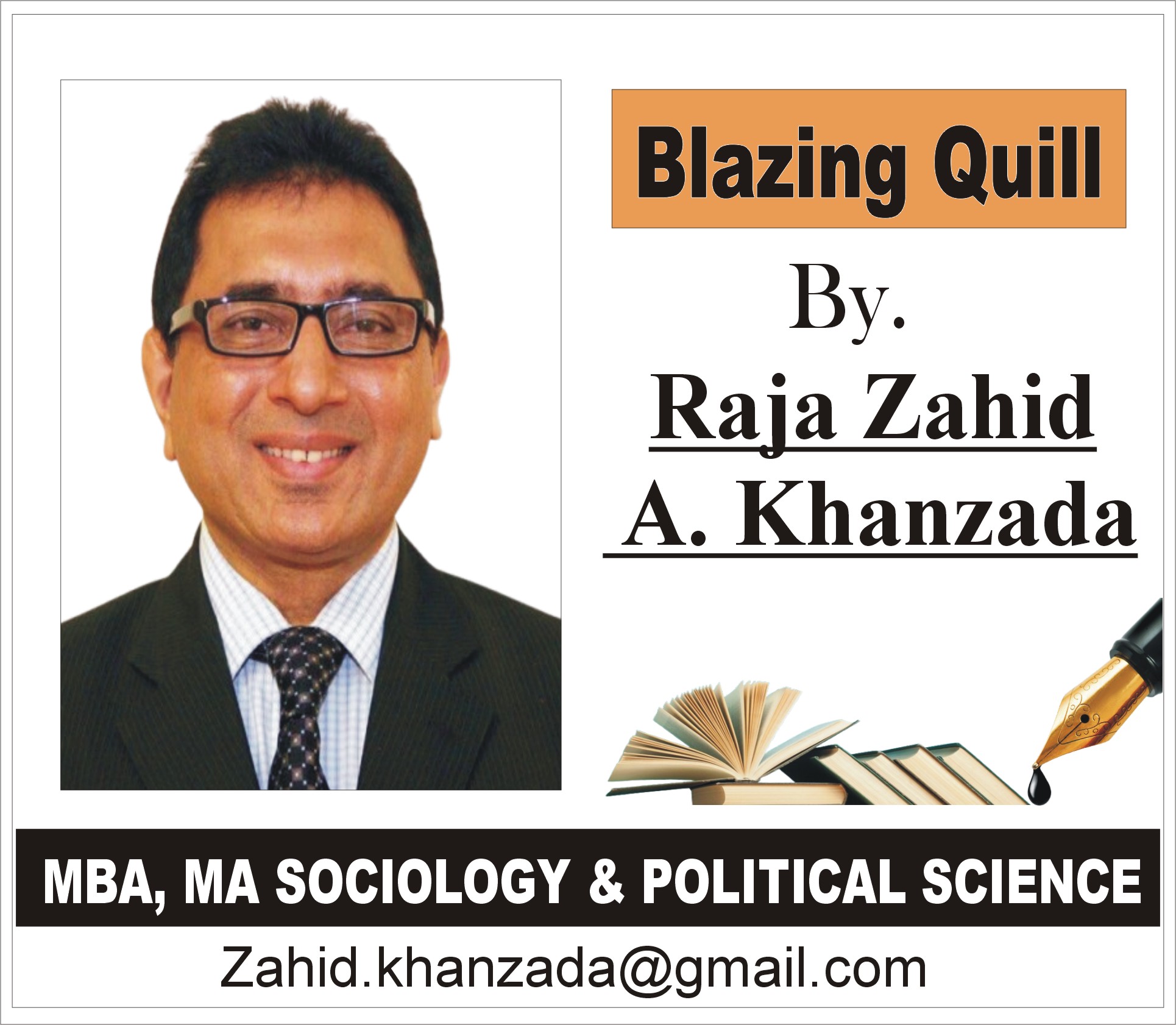The Pakistani Doctor’s Fire of Sexual Desire… Eight Minutes That Left the Patient Alone and the Conscience on Trial!
By: Raja Zahid Akhtar Khanzada
The night in Greater Manchester was a peculiar one. Within the sterile, white walls of the hospital, a silence prevailed that can only be felt in an operating theatre a place where hearts beat but sounds are muffled, where the line between life and death is reduced to a single thread, and where the weight of every breath rests in the hands of a doctor. It is in this moment that a person ceases to be just a medical professional and stands by the patient as a representative of a higher power. Yet, in this very moment, the human within, with all its frailties, is also awake… A story broken by Britain’s top media outlets, the BBC and The Independent, sent shockwaves through the community.
On September 16, 2023, surgery was underway at Tameside Hospital in Greater Manchester. The operating theatre lights were bright, the patient was unconscious and entirely at the mercy of his doctor. Dr. Suhail Anjum, a 44-year-old married Pakistani-origin anaesthetist, was seated in his role as a guardian of life. But in that moment, another desire surfaced within him, a desire that breached every ethical boundary and professional wall. He told a fellow nurse, “You keep an eye on the patient, I’m just stepping out for a moment…” It was a moment that transformed a doctor from a hero into a villain. He left Theatre 5 and entered Theatre 8, where another nurse, referred to in the report as ‘Nurse C’, was present. And there… something happened that was unimaginable within the sacred walls of a hospital. Meanwhile, another nurse, ‘Nurse NT’, entered Theatre 8 and the scene she witnessed was seared into her memory forever. Her statement read: “As I walked in, Nurse C’s trousers were around her knees and I could clearly see her underwear. Dr. Suhail Anjum was tying the drawstring on his scrub trousers.” She stated that she froze in shock and horror at the sight, before immediately turning, walking across the theatre, exiting through the doors, and leaving.
This statement landed in the hearing room like a thunderbolt. In an instant, the entire hospital was rocked as if by an earthquake. Those were the eight minutes… during which an unconscious patient lay alone on the operating table. Those eight minutes… in which a doctor abandoned his duty. Those eight minutes… that sent tremors through the entire British medical establishment. Fortunately, the patient suffered no physical harm, but the fact remained that their guardian had left them, alone, vulnerable, and unaware, all for a moment of sexual gratification and a hit of dopamine. What followed was nothing but tears of remorse.
When Dr. Suhail Anjum stood before the Medical Practitioners Tribunal, his voice trembled. His words echoed in the room, touching everyone present. “It was utterly shameful. I blame no one but myself. I let everyone down: my patient, my colleagues, the trust of my hospital, and most of all, myself.” He took a deep breath and said, “I had always received respect from my colleagues, but I trampled all over that. Subjecting Nurse NT to such a distressing situation was also a major wrongdoing on my part.” Tears welled in his eyes as he continued, “My biggest regret is for the patient. If I were the patient and my doctor left me without a word, my heart would break to think of it. That thought breaks me every single day. I had always set high standards for myself; this work is my passion and my obsession. I don’t know how it happened, why it happened, but I wish I could turn back time. I offer my most sincere apologies and want an opportunity to make this right.”
Dr. Anjum also laid bare the wounds of his personal life, revealing that his daughter was born prematurely in January 2023 with a very low birth weight and that his wife had a very difficult delivery. “During this time, we did not connect as a couple. It was an extremely devastating time for me mentally and emotionally. It affected my personal life, my mental health, and my work.” This confession served as a stark reminder that beneath every professional white coat is a human being, living with their own desires, grief, and weaknesses. In the wake of the incident, Dr. Suhail Anjum left the UK and returned to Pakistan in February 2024. However, he now wishes to practice again in Britain, assuring the tribunal that it was a one-off, unforeseen mistake that would never be repeated.
The decision now rests with the medical board. On one side is the nurse’s statement, the moment that shook an entire hospital. On the other is the doctor’s remorse, his tears, and the universal truth that we are all human and prone to error. But the question remains… if you were the head of that board, what would you decide? Would you forgive the doctor, acknowledging that to be human is to err? Or would you revoke his license permanently to send a message to the world that a moment of lust during a sacred duty is utterly intolerable? This decision is not solely about Dr. Suhail Anjum; it is also about our society, our collective conscience, and the standards of humanity we uphold.

This story is not just about Dr. Suhail Anjum, nor is it merely about those eight minutes where a patient was left alone and a conscience was jolted. It is a story about an entire community that dons white coats across the world, holding high the banner of serving humanity. In the hospitals of Britain, Europe, America, and Canada, thousands of Pakistani doctors fight the battle for life day and night. They are not just doctors; they are Pakistan’s unofficial ambassadors because wherever their name is mentioned, the first word that follows is ‘Pakistani’. Their good work brings honour to Pakistan, while any misstep on their part, though an individual failure, is often used to tarnish the entire nation. We forget that in this glittering world, everything is transient be it power, desire, or the mirage of wealth. In America too, several Pakistani doctors have been caught in Medicare and Medicaid fraud; some are in jail, others face trials. Behind all these cases lies the same secret: dopamine. That momentary pleasure, that euphoria for which a person is willing to risk everything. But this happiness is fleeting, and we mistake it for permanence. We consider our transient world to be everlasting and, in this delusion, trade away our honour, our responsibility, and our humanity. The case of Dr. Suhail Anjum is a mirror that offers every doctor, every human, a chance to look within. It is a reminder that we are all vulnerable; no one is safe in the game of desire. What makes the difference is the moment we choose to control our urges or become enslaved by them. This lesson is not for one doctor alone; it is for the entire community. Wherever we go, whatever coat we wear, whichever hospital we stand in, it is Pakistan that stands before our identity. And remembering that is our greatest responsibility of all.




